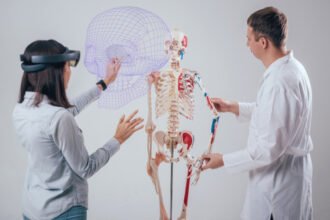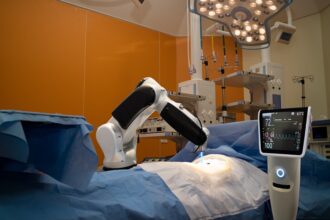Scandals often clarify issues. A researcher at Duke Medical Center recently departed after his ballyhooed genomics tests for identifying lung and other cancers was unmasked as based on falsified data. The scheme unraveled after Paul Goldberg’s Cancer Letter revealed the scientist had falsely proclaimed himself a Rhodes scholar.
Scandals often clarify issues. A researcher at Duke Medical Center recently departed after his ballyhooed genomics tests for identifying lung and other cancers was unmasked as based on falsified data. The scheme unraveled after Paul Goldberg’s Cancer Letter revealed the scientist had falsely proclaimed himself a Rhodes scholar.
The scandal is roiling the world of genomics testing, on which so much of the promise of personalized medicine rests. Today’s New York Times Science section belatedly recognizes problems in the “gene signature” field by noting “the few successes in this brave new world of cancer research.”
I’ve been covering this subject for the Journal of the National Cancer Institute (subscription required). As I noted in a recent article:
Though hundreds of studies have appeared in the medical literature making claims for the predictive power of multi-gene signatures of different cancers, few have been deemed ready for prime time. A review last year of 16 studies of multiple gene-signatures in non-small cell lung cancer found “little evidence that any of the reported gene expression signatures are ready for clinical application.”
Reduced to its essence, here’s the problem. These tests are based on the measurement of the under- or over-expression of dozens of genes. Those results are then subjected to a complex algorithm that is based on a series of “weights” given the expression levels of each of the genes in the targeted panel. Those weights are added up for a composite score that determines whether you have of a particular form of a disease, and whether it is more or less likely to be affected by a particular drug. In other words, this extraordinarily complex test based on dozens of unvalidated, epidemiological observations leads to a clinical decision that is binary. Either you have or don’t have that kind of cancer; either you will or will not benefit from that drug.
There is, of course, a proven method for determining whether these tests provide useful results. Medical scientists could subject the tests to clinical trials where the drug in question is given to patients whom the test identifies as being susceptible to its mechanism of action, as well as given to an arm in the trial made up of patients deemed “unsusceptible.” Both arms and their doctors won’t know the results of the test beforehand. If the susceptible arm actually does better on the drug (longer overall survival), then the complex algorithm and that panel of genes will have been proven useful and ready for prime time.
While single gene tests like BRCA1 have been subjected to clinical trial validation, not a single multiple gene-signature test has undergone such testing. A first trial of a widely used breast cancer test called OncotypeDX is now underway with National Cancer Institute funding. Clearly, we’re only at the very beginning of a long scientific road that may one day lead to personalized medicine.








